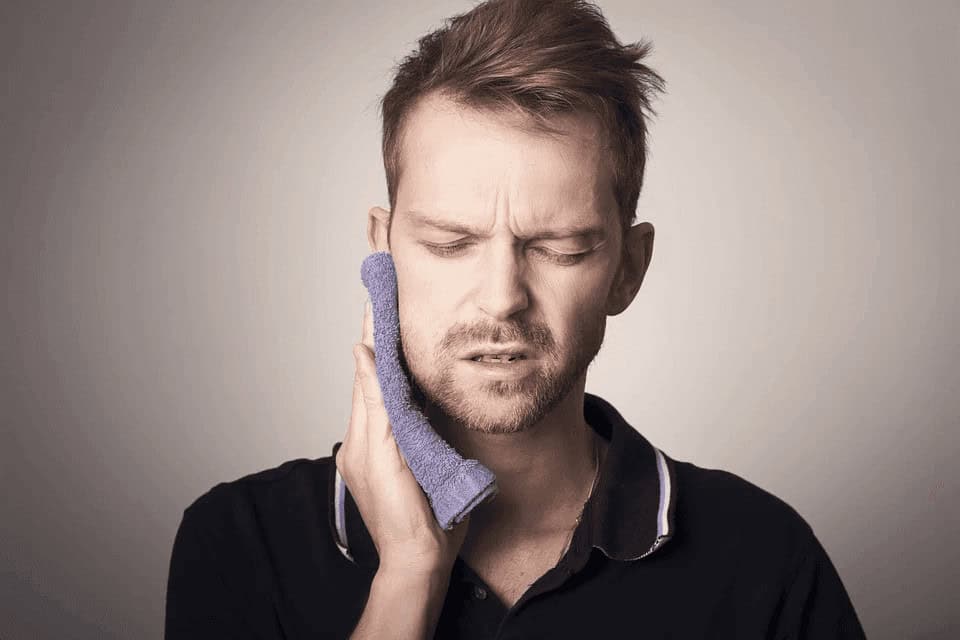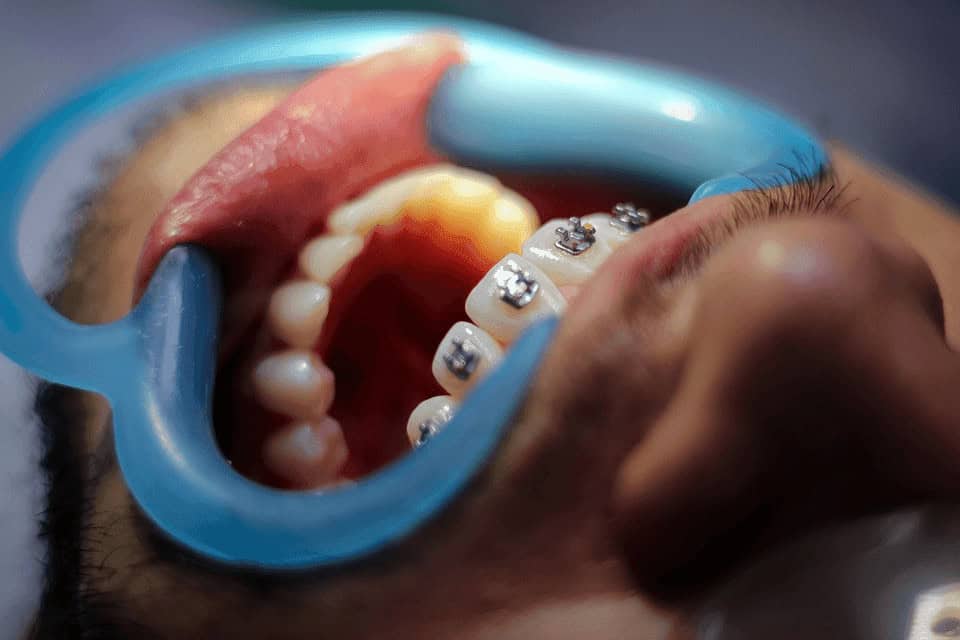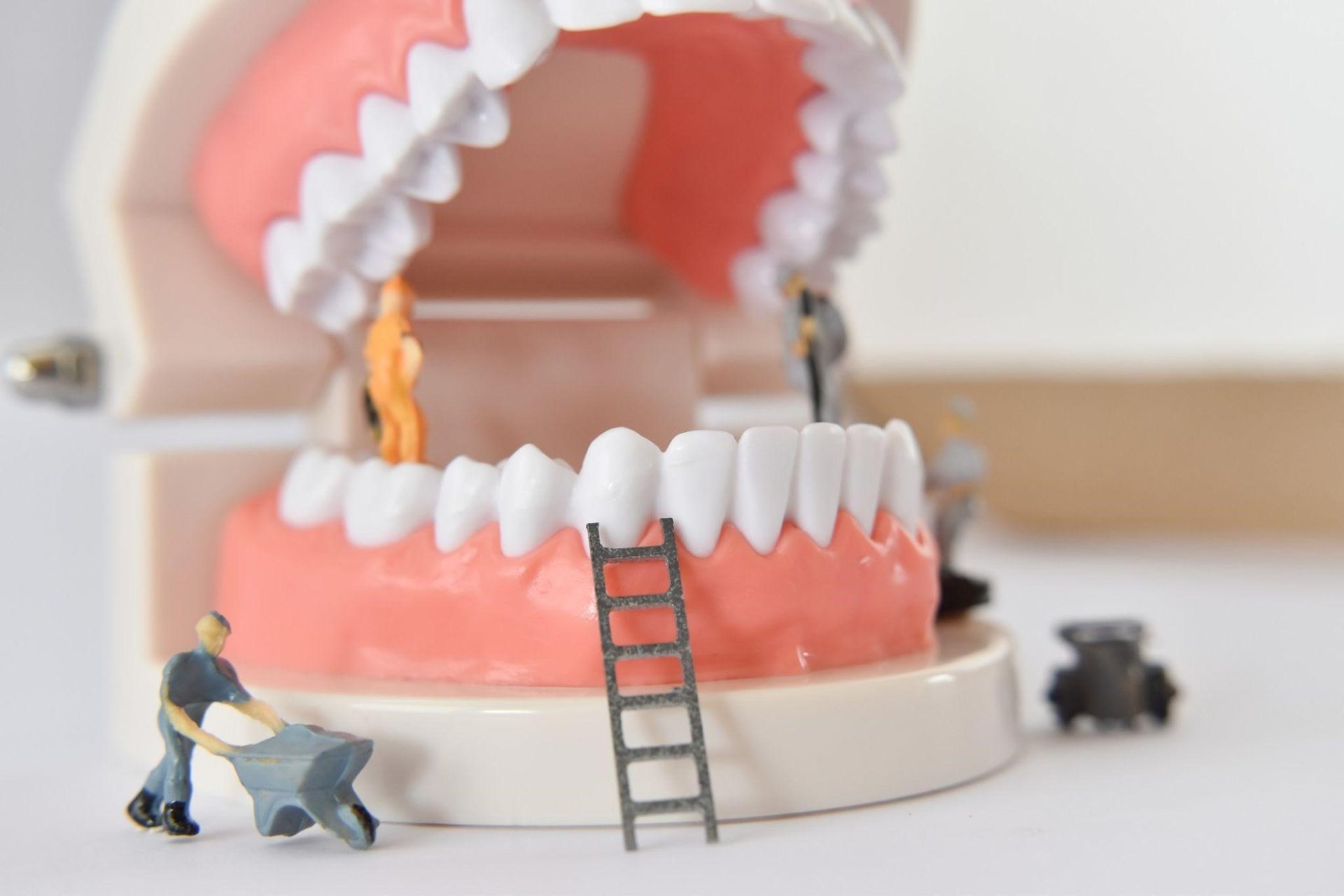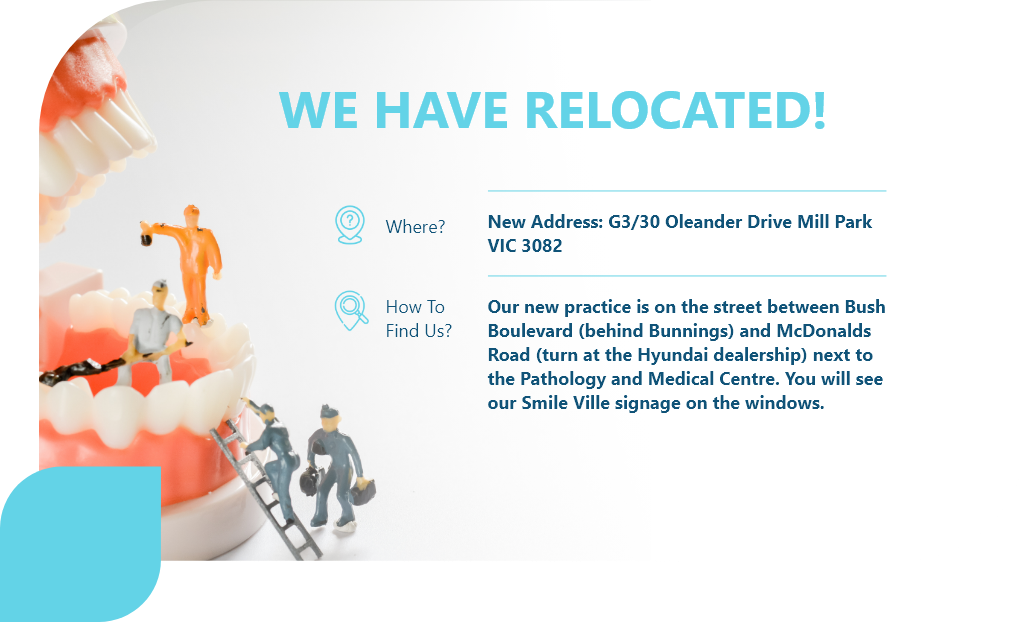It’s no secret that many old wives’ tales revolve around caring for teeth. Some people also believe in dental urban legends like when your parents lose their teeth at an early age, you would, too.
Surely, you’ve heard one or two of these amusing myths, or perhaps you believe or practice them. If you’re curious about the truth behind these oral care myths, it’s time that we discuss them and put an end to the misconceptions.
8 Truths and Myths About Dental Care
Myth #1: Flossing can create unwanted spaces between your teeth
The truth is… Flossing helps remove the food particles nestled between your teeth and gumlines.
It does not create spaces between your teeth but keeps them free from bacterial accumulation. Flossing frees the teeth’s spaces from plaque and tartar build-up that otherwise make them feel tight.
Notice how refreshing it feels after you floss your teeth? That’s the truth behind flossing!
Myth #2: Your teeth are unhealthy because you’re aging
The truth is… While aging can be considered a factor for deteriorating teeth, having healthy or unhealthy teeth results from how you care for them.
If you have good oral care habits during your younger years, you’ll most likely have healthy teeth in your senior years. Similarly, many youngsters use dentures, bridges, crowns and veneers due to unhealthy teeth rooted in poor dental routines.
Good oral hygiene habits play an important role in ensuring healthier teeth even as you age.
Myth #3: No toothache means no dental visit is needed
The truth is… Dental checkups help spot dental concerns before they get out of hand.
Many people believe that no pain means their mouth is in perfect health. Hence, no toothache means no need for a dental visit. Keep in mind that dentists are not just there to treat a toothache, they help patients achieve optimum oral health and hygiene. Ignored and undetected oral concerns can become a big problem when left untreated for a long time.
Dentists, throughout a comprehensive dental examination, can also diagnose systemic diseases, which have not been picked up by the GP as symptoms are often overlooked by patients. For example high blood sugar, connective tissue diseases like lichen planus, melanomas in the mouth, and oral cancers.

It helps to regularly book dental appointments at least twice a year to maintain good oral health.
Myth #4: You inherit the dental issues of your parents
The truth is… You will probably inherit the physical structures of your mouth, teeth and jaws from your parents but not their dental problems. However, if your parents’ oral hygiene habits were not good, there is a high likelihood your oral health will be similar to them.
Remember that your dental health outcome is rooted in your oral care habits. If you are fond of sweets, but don’t brush your teeth. It is most likely that you will have cavity issues, so you cannot blame your parents if you end up getting dentures at an early age.
Good oral habits are not inherited, they should be inherent in you.
Myth #5: It’s okay to have pregnancy gingivitis
The truth is… It is very crucial to prevent gingivitis for expecting moms, however, during pregnancy women tend to eat more and snack more frequently, neglecting a bit the oral care habits a
“Pregnancy gingivitis” happens when the gums of a pregnant woman become sensitive and inflamed as a result of hormonal fluctuations. When you think it’s alright just to ignore it, think again. This may lead to severe gum conditions that may be difficult to treat during pregnancy. During pregnancy, women tend to eat more and snack more frequently, neglecting a bit the oral care habits.
Imagine the long time you’ll be sitting on the dental chair with all the discomfort and pains. So, it helps if you brush and floss your teeth regularly and visit the dentist for possible solutions to pregnancy gingivitis. It is recommended to go for a dental appointment in the second trimester of pregnancy, as it is the safest period to be treated.
Preventing gingivitis from becoming a gum disease is essential for both the mother’s and the baby’s health.
Myth #6: The whiter the teeth, the healthier they are
The truth is… Healthy teeth may come in various natural shades and not just white.
Natural tooth colour varies, but it does not mean that if it is not white, it is unhealthy. Many healthy and strong teeth are in hues of yellow, cream or off-white. However, you should look out for dingy or greyish teeth, which could mean infected pulps or tooth decay.
If you have yellow teeth that are clean, cavity-free and with fresh breath, it clearly shows you have healthy teeth.
Myth #7: The harder you brush, the cleaner they get
The truth is… Rigorous brushing can damage your tooth enamel.
Similarly, using hard-bristled toothbrushes can erode the protective shield of your tooth enamel. Therefore, most dentists recommend the use of soft-bristled brushes and brushing with the right amount of pressure or the use of an electric toothbrush. Always seek advice from your dentist.
Aggressive brushing can wear and tear down your teeth and gum’s health, so gently brush your pearly whites with a soft-bristled toothbrush and fluoridate toothpaste.
Myth #8: Braces are a teen’s thing
The truth is… Braces can offer many dental benefits to both young and adults.
The technological innovations to orthodontic treatments provide ease of use and convenience not just to kids and teens but to adults as well. This helps many adults address orthodontic issues left untreated in their younger years.

For adults who need orthodontic treatment but are not comfortable with braces, dentists highly recommend clear braces or Invisalign!
These are just eight common myths and the truths behind them. If you’re unsure about information that you hear about or find online, ask your trusted dental provider in South Morang for advice.
Contact Smile Ville for the best dental care routines!





